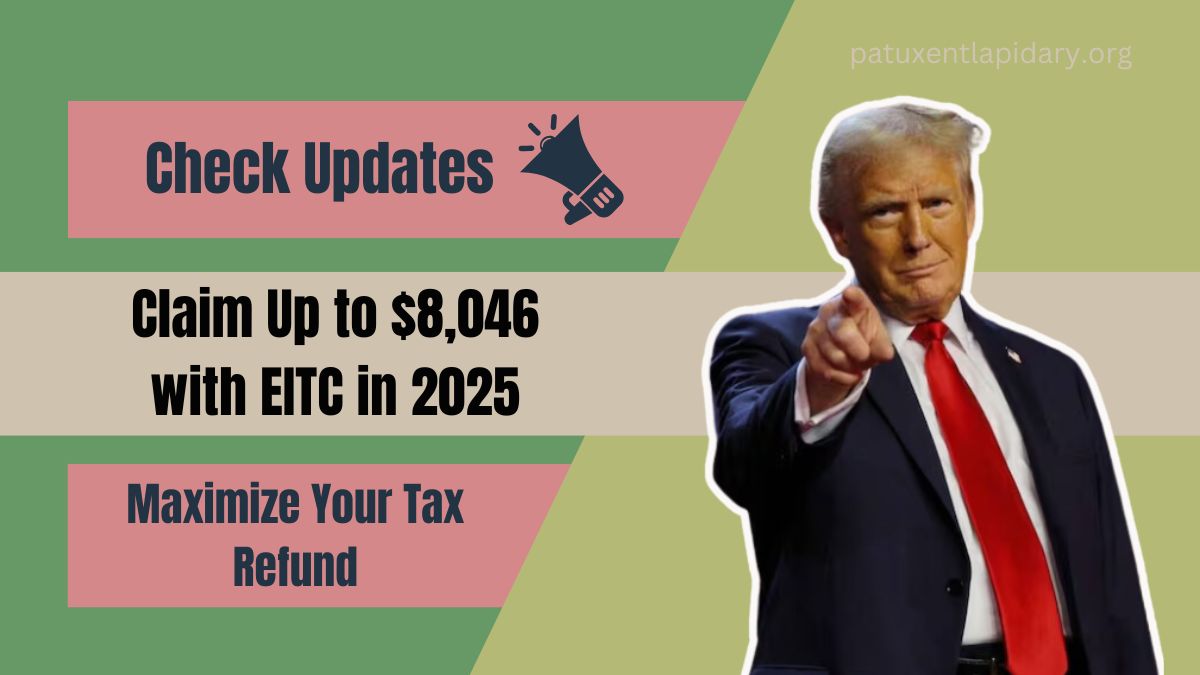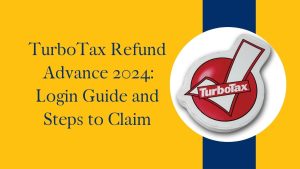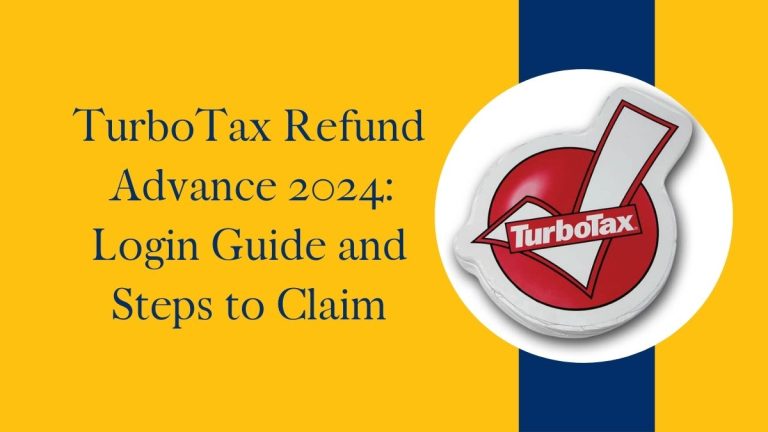As the 2024 tax year concludes, it’s essential to understand the tax benefits available to you. One significant opportunity is the Earned Income Tax Credit (EITC), designed to support low- to moderate-income workers and families.
For the 2025 tax year, eligible taxpayers can claim a maximum credit of up to $8,046. This article provides a comprehensive guide on EITC eligibility, credit amounts, and the application process.
Understanding the Earned Income Tax Credit (EITC)
The EITC is a refundable tax credit aimed at reducing the tax burden on low- to moderate-income earners. Depending on your income and the number of qualifying children, the EITC can either reduce the amount of taxes owed or result in a refund.
For the 2025 tax year, the maximum credit amounts have been adjusted for inflation, offering greater benefits to eligible taxpayers.
Eligibility Criteria for the EITC in 2025
To qualify for the EITC in 2025, you must meet specific requirements:
- Earned Income: You must have earned income from employment or self-employment.
- Adjusted Gross Income (AGI) Limits: Your AGI must be below certain thresholds, which vary based on your filing status and number of qualifying children.
- Investment Income: Your investment income must be less than $11,950 for the tax year.
- Social Security Number: You, your spouse (if filing jointly), and any qualifying children must have valid Social Security numbers issued before the due date of your tax return.
- Citizenship: You must be a U.S. citizen or resident alien for the entire year.
- Filing Status: Certain filing statuses, such as “Married Filing Separately,” may affect your eligibility.
Maximum EITC Amounts for 2025
The maximum EITC amounts for the 2025 tax year are as follows:
| Number of Qualifying Children | Maximum EITC Amount |
|---|---|
| 0 | $649 |
| 1 | $4,328 |
| 2 | $7,152 |
| 3 or more | $8,046 |
Note: The credit amount increases with the number of qualifying children.
Income Thresholds and Phase-Out Ranges
The EITC is subject to income thresholds and phase-out ranges, which depend on your filing status and number of qualifying children. Exceeding these thresholds will reduce the credit amount until it phases out entirely.
| Filing Status | Number of Qualifying Children | Income Threshold (Phase-Out Begins) | Income Threshold (Phase-Out Ends) |
|---|---|---|---|
| Single, Head of Household, | 0 | $10,620 | $19,104 |
| or Surviving Spouse | 1 | $23,350 | $50,434 |
| 2 | $23,350 | $57,310 | |
| 3 or more | $23,350 | $61,555 | |
| Married Filing Jointly | 0 | $17,730 | $26,214 |
| 1 | $30,470 | $57,554 | |
| 2 | $30,470 | $64,430 | |
| 3 or more | $30,470 | $68,675 |
Note: Income thresholds are adjusted annually for inflation.
Qualifying Child Criteria
A qualifying child for the EITC must meet the following tests:
- Relationship: The child must be your son, daughter, stepchild, foster child, sibling, or a descendant of any of them.
- Age: Under 19 at the end of the year, under 24 if a full-time student, or any age if permanently and totally disabled.
- Residency: Lived with you in the U.S. for more than half the year.
- Joint Return: The child cannot file a joint return for the year unless only to claim a refund.
How to Apply for the EITC
- Prepare Your Tax Documents: Gather all necessary documents, including W-2s, 1099s, Social Security numbers, and records of any other income.
- Complete the Appropriate Tax Forms: Use Form 1040 and attach Schedule EIC if you have qualifying children.
- Ensure Accuracy: Double-check all information to avoid errors that could delay your refund.
- File Your Tax Return: Submit your tax return electronically for faster processing and to receive your refund more quickly.
When to Expect Your Refund
The IRS typically begins processing tax returns in late January. If you claim the EITC, refunds are usually issued starting in late February, due to additional processing time required to ensure accuracy and prevent fraud.
Can I claim the EITC if I don’t have children?
Yes, taxpayers without qualifying children can claim the EITC, but the maximum credit is lower, and income limits apply.
Does unemployment income count towards the EITC?
No, unemployment benefits are not considered earned income and do not count towards EITC eligibility.
Can I claim both the EITC and the Child Tax Credit?
Yes, if you meet the eligibility requirements for both credits, you can claim them on your tax return.







